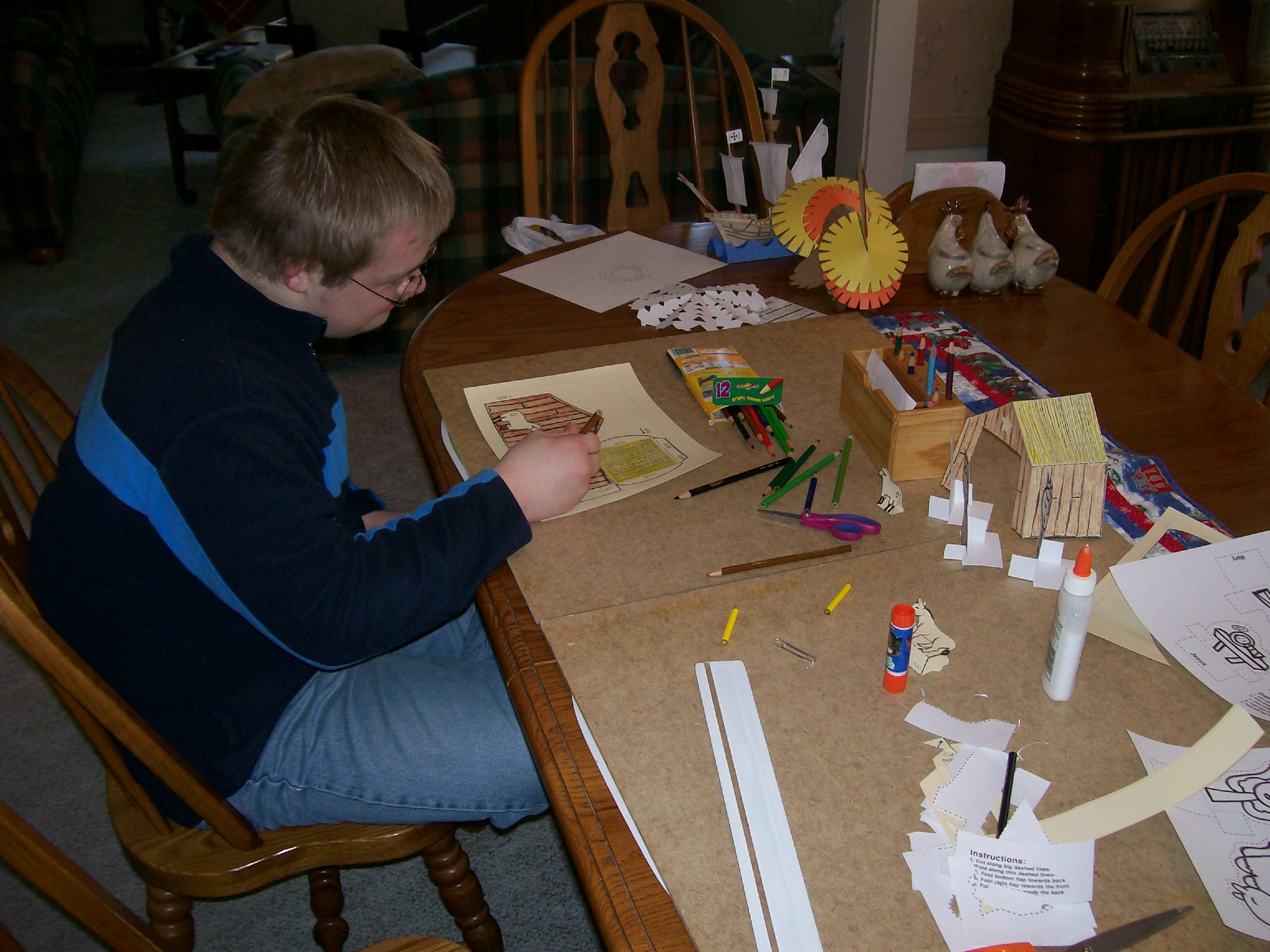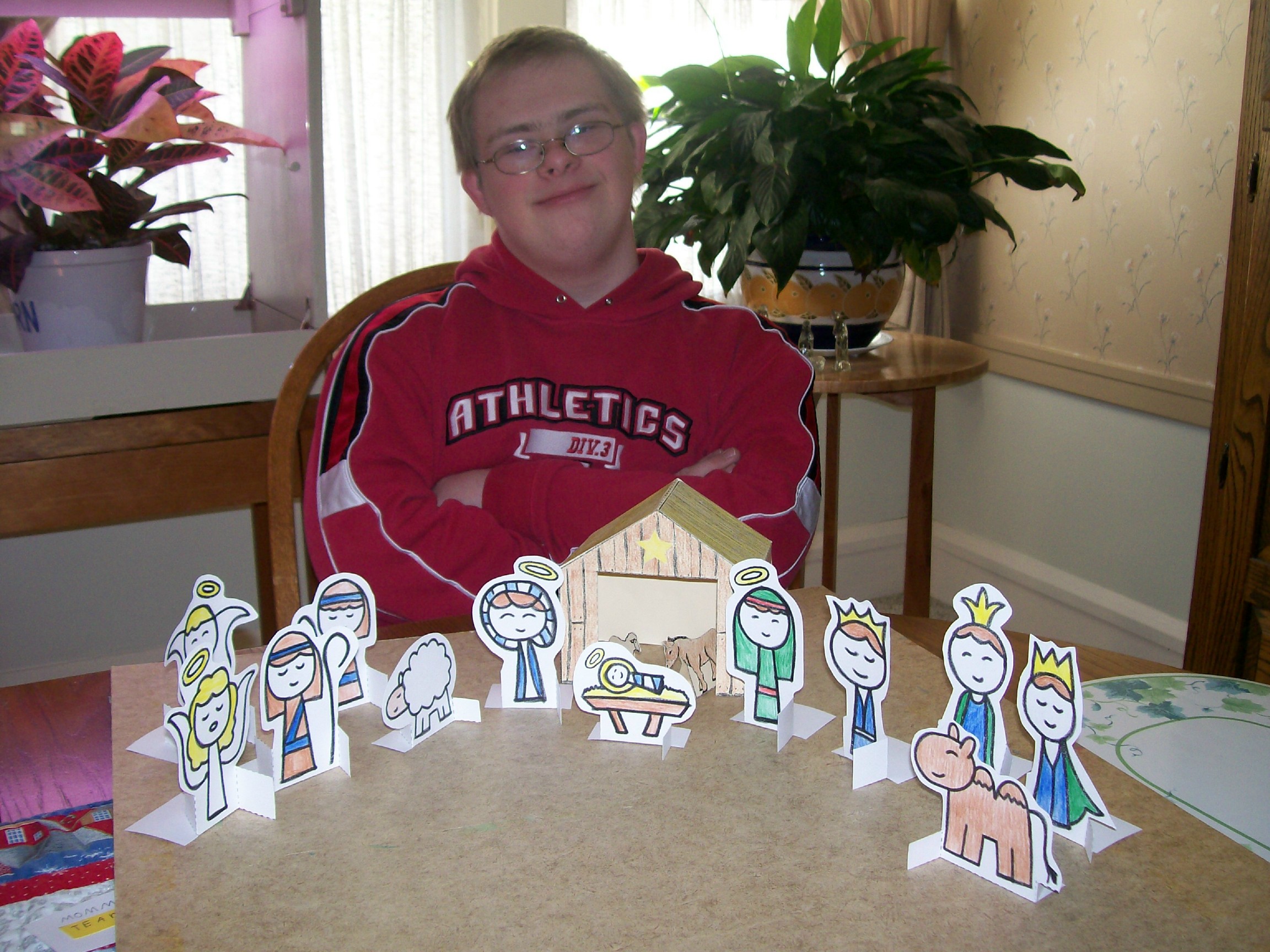Can you motivate your child to achieve greatness?
Amy Chua thinks you can and you must, and her methods are drawing a lot of attention. An excerpt from her new book, Battle Hymn of the Tiger Mother, recently appeared in the online version of the Wall Street Journal. It’s been the site’s #1 most visited page for weeks, and already has over 7,500 comments (most articles there get a few hundred comments at most). It’s also sparked debate among parents all over the country. (Note: Ms. Chua has accused the Wall Street Journal of taking the most shocking parts of her book out of context, but read on and see what you think.)
Ms. Chua’s daughters are high achievers; one even played piano at Carnegie Hall. Ms. Chua credits their achievements in part to not letting them go on sleepovers, be in school plays, have play dates, watch television or use computers. She required that both girls learn to play the piano and violin (no other instruments allowed). Here’s her description of one daughter’s attempts to learn to play piano with both hands:
Lulu couldn’t do it. We worked on it nonstop for a week, drilling each of her hands separately, over and over. But whenever we tried putting the hands together, one always morphed into the other, and everything fell apart. Finally, the day before her lesson, Lulu announced in exasperation that she was giving up and stomped off.
Back at the piano, Lulu made me pay. She punched, thrashed and kicked. She grabbed the music score and tore it to shreds. I taped the score back together and encased it in a plastic shield so that it could never be destroyed again. Then I hauled Lulu’s dollhouse to the car and told her I’d donate it to the Salvation Army piece by piece if she didn’t have “The Little White Donkey” perfect by the next day. When Lulu said, “I thought you were going to the Salvation Army, why are you still here?” I threatened her with no lunch, no dinner, no Christmas or Hanukkah presents, no birthday parties for two, three, four years. When she still kept playing it wrong, I told her she was purposely working herself into a frenzy because she was secretly afraid she couldn’t do it. I told her to stop being lazy, cowardly, self-indulgent and pathetic.
“Get back to the piano now,” I ordered.
“You can’t make me.”
“Oh yes, I can.”
The girl did end up mastering the technique, and according to her mother, was thrilled about it. But was it her achievement, or her mother’s?
I found this statement by Ms. Chua particularly disturbing:
What Chinese parents understand is that nothing is fun until you’re good at it. To get good at anything you have to work, and children on their own never want to work, which is why it is crucial to override their preferences.
Nothing is fun until you’re good at it? I remember the crooked little quilts my girls made when they were young. They loved making them, and I didn’t force them to do so. Now they can crank out lovely quilts much faster than I can. But the point is, they had fun making crooked quilts and now they have fun making straight ones, and it was their idea to make quilts in the first place. I merely taught them the basics and helped them when they asked for it.
Recently I read The Element: How Finding your Passion Changes Everything, by Sir Ken Robinson. This noted creativity expert studies very successful creative people. In his book, he cites the experiences of many creative types who didn’t know what they were good at until they heard or saw something that struck a chord within them.
For instance, Robinson interviewed drummer Mick Fleetwood of the band Fleetwood Mac, who, as a young boy, struggled in school but loved to tap on things. What Fleetwood called “this tapping business” really came to life when he went to a live musical performance for the first time and realized that he wanted to be in that kind of environment:
“One day, I walked out of school and I sat under a large tree in the grounds. I’m not religious, but with tears pouring down my face, I prayed to God that I wouldn’t be in this place anymore. I wanted to be in London and play in a jazz club. It was totally naïve and ridiculous, but I made a firm commitment to myself that I was going to be a drummer.”
What came next was a series of “breaks” that might never have occurred if Mick had stayed in school.
Mick’s parents understood that school was not a place for someone with Mick’s kind of intelligence. At sixteen, he approached them about leaving school, and rather than insisting that he press on until graduation, they put him on a train to London with a drum kit and allowed him to pursue his inspiration.
Note that Fleetwood’s parents didn’t force him to play the drums, nor did they dissuade him from following his dream in order to follow one of theirs. Robinson’s book is full of stories of people who successfully followed their own interests, or passions as Robinson calls them. Not one of them achieved greatness by following their parents’ passions. In fact, in most cases the parents, if mentioned at all, either encouraged their children to find their own passions, or at the very least did not get in their way.
So who do you think is on the right track, Chua or Robinson? I’m with Robinson. I’ve watched my own kids pursue and master subjects that I had nothing to do with, or that I’m weak in. I think we help our kids achieve greatness by removing obstacles and giving help when asked. I don’t believe in forcing kids to study specific instruments, or threatening to take away their belongings if they don’t practice.
I love watching my children enjoy becoming good at something they love. Why turn it into something negative?


